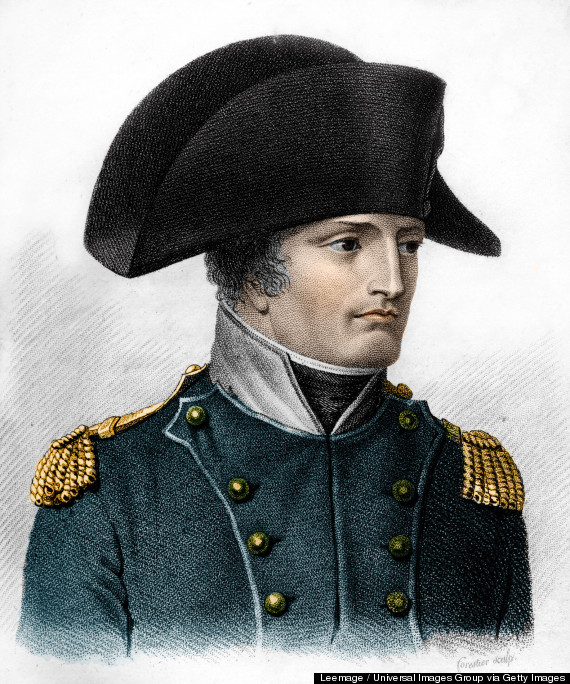 Robespierre was a French lawyer and politician who became one of the most influential figures of the French Revolution.
Robespierre was a French lawyer and politician who became one of the most influential figures of the French Revolution.
Maximilien Marie Isidore de Robespierre was born in Arras on 6 May 1758, the son of a lawyer. He was educated in Paris and entered the same profession as his father. He was elected a deputy of the estates-general (a form of parliament, but without real power) that met in May 1789, and subsequently served in the National Constituent Assembly.
Robespierre became increasingly popular for his attacks on the monarchy and his advocacy of democratic reforms. In April 1790, was elected president of the powerful Jacobin political club. After the downfall of the monarchy in August 1792, Robespierre was elected first deputy for Paris to the National Convention. The convention abolished the monarchy, declared France a republic and put the king on trial for treason, all measures strongly supported by Robespierre. The king was executed in January 1793.
In the period after the king's execution, tensions in the convention resulted in a power struggle between the Jacobins and the more moderate Girondins. The Jacobins used the power of the mob to take control and the Girondin leaders were arrested. Control of the country passed to the Committee of Public Safety, of which Robespierre was a member. He rapidly became the dominant force on the committee.
Against a backdrop of the threat of foreign invasion and increasing disorder in the country, the committee began the 'Reign of Terror', ruthlessly eliminating all those considered enemies of the revolution. These included leading revolutionary figures such as Georges Danton.
In May 1794, Robespierre insisted that the National Convention proclaim a new official religion for France - the cult of the Supreme Being. This was based on the thinking of the philosopher Jean-Jacques Rousseau of whom Robespierre was a passionate advocate.
The intensification of the 'Reign of Terror' and Robespierre's autocracy made him increasingly unpopular. French military successes served to undermine the justification for such ruthlessness and a conspiracy was formed to overthrow Robespierre. On 27 July 1794, he was arrested after a struggle. The following day Robespierre, wounded from a bullet to the jaw, and 21 of his closest supporters were executed at the guillotine.



